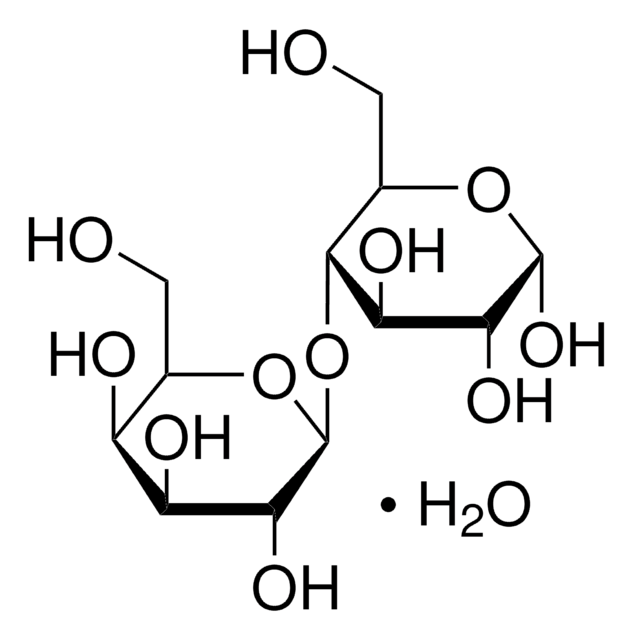P0090000
Palmitic acid
European Pharmacopoeia (EP) Reference Standard
Synonym(s):
1-Pentadecanecarboxylic acid, C16:0, Cetylic acid, Hexadecanoic acid, NSC 5030, PamOH
About This Item
Recommended Products
grade
pharmaceutical primary standard
Agency
EP Reference Standard
vapor pressure
10 mmHg ( 210 °C)
API family
palmitic acid
manufacturer/tradename
EDQM
bp
271.5 °C/100 mmHg (lit.)
mp
61-62.5 °C (lit.)
density
0.852 g/mL at 25 °C (lit.)
application(s)
pharmaceutical (small molecule)
format
neat
SMILES string
CCCCCCCCCCCCCCCC(O)=O
InChI
1S/C16H32O2/c1-2-3-4-5-6-7-8-9-10-11-12-13-14-15-16(17)18/h2-15H2,1H3,(H,17,18)
InChI key
IPCSVZSSVZVIGE-UHFFFAOYSA-N
Looking for similar products? Visit Product Comparison Guide
General description
Application
Packaging
Other Notes
related product
Storage Class Code
11 - Combustible Solids
WGK
nwg
Flash Point(F)
235.4 °F
Flash Point(C)
113 °C
Choose from one of the most recent versions:
Certificates of Analysis (COA)
Sorry, we don't have COAs for this product available online at this time.
If you need assistance, please contact Customer Support.
Already Own This Product?
Find documentation for the products that you have recently purchased in the Document Library.
Customers Also Viewed
Our team of scientists has experience in all areas of research including Life Science, Material Science, Chemical Synthesis, Chromatography, Analytical and many others.
Contact Technical Service



